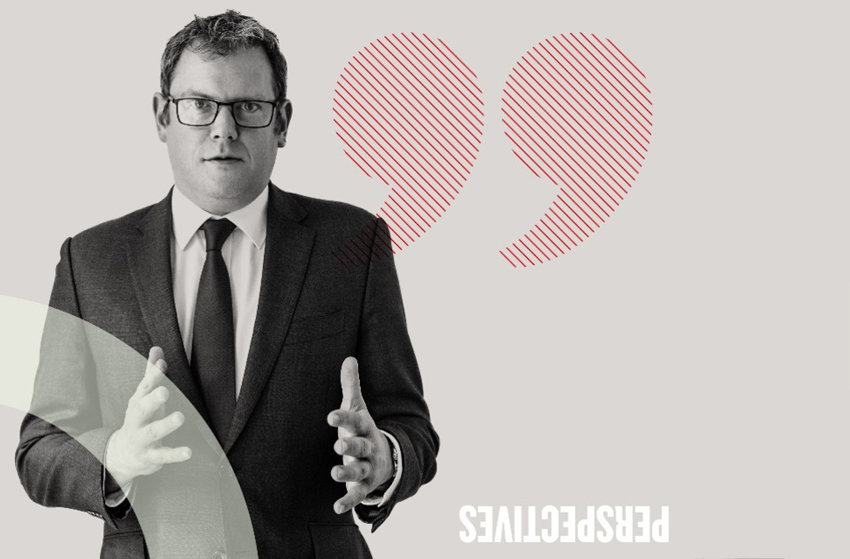In order to move forward and meet the strategic issues which lie ahead, a key challenge for the exec and non-exec team is to take the opportunity to reflect on and identify the gaps which will get in the way of future change. These can be divided into the following three areas:
Board governance: strategic change
The role of the board goes hand-in-hand with the executive and it is imperative at this time that it operates at its peak, asking the big strategic questions that need answers right now. While many of the immediate demands are operational, boards must also find time to asking more probing questions:
- How do we need to reimagine the college and what does this mean for the corporate strategy? To adapt to future change, a process of review, reset and revision of strategy should be a focal point for boards.
- Where are we in this financial year? Revisiting assumptions and scenarios for the current and the next financial year.
- What’s the right shape for us now and in the future? Are we the right size and shape given the potential for technology to change our delivery and how technology has changed the paradigm of ‘running a college’?
Underpinning all of this is the question of whether the board has the requisite skills and experience to grasp the medium to longer term issues, the wider environment, and provide that support and critique to the executive leadership team.
Executive Team: operational change
Through this time, and as we emerge from the initial impact of the crisis, much of the responsibility and decision-making rests with the executive. How they listen, support, communicate and direct in these unique circumstances can have major implications.
Despite the pressure from the pressing operational challenges presented by the pandemic, many leaders say the past months have spurred them to pause and rethink what they do in the future.
While Ellen Thinnesen, CEO of Sunderland College, says this period has acted as a catalyst for her team to consider the organisation’s “potential to transform”, not every organisation has the capability to do this in the teeth of a crisis. When pressure on teams is intense, external support can be invaluable in building resilience into teams, ensuring they work at the optimum level and where required bringing in talent and skills that can aid capability.
Working together: is the executive and board effective?
Not only should the executive team consider the future for the college, the board must question, provide critical analysis and support decision-making. A highly effective board and executive leadership team can move the college forward with certainty and with assurance. If they are not, then key decisions and implementation will be adversely affected and the consequences harmful.
A third consideration for colleges is to understand whether they truly know if they are working effectively or whether changes need to be made to improve performance.
Paul Aristides Partner, Education
paul.aristides@www.gatenbysanderson.com
———————————————-
